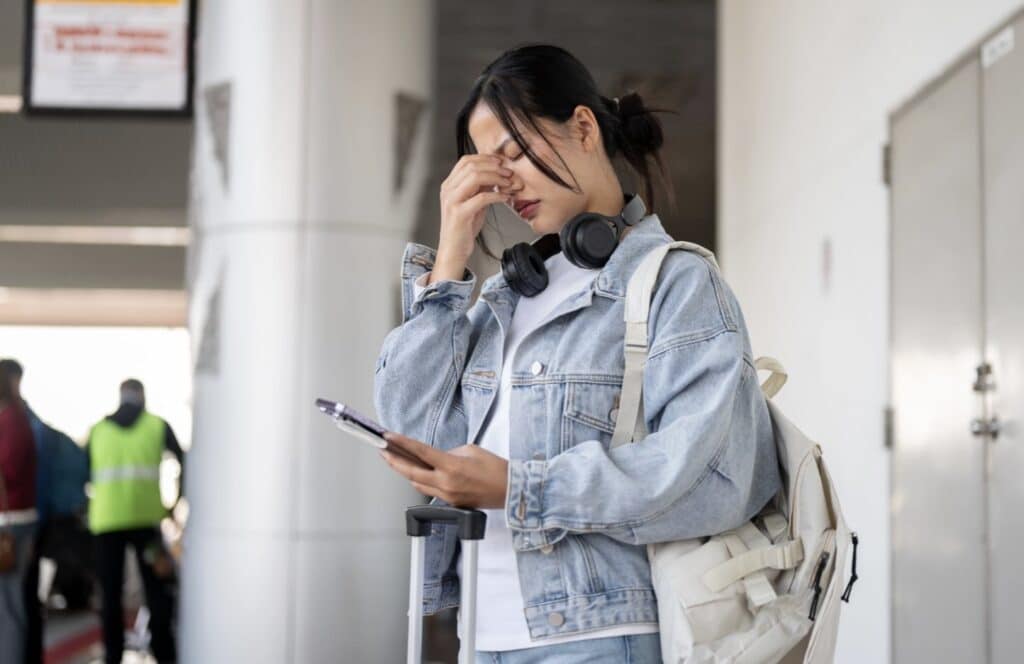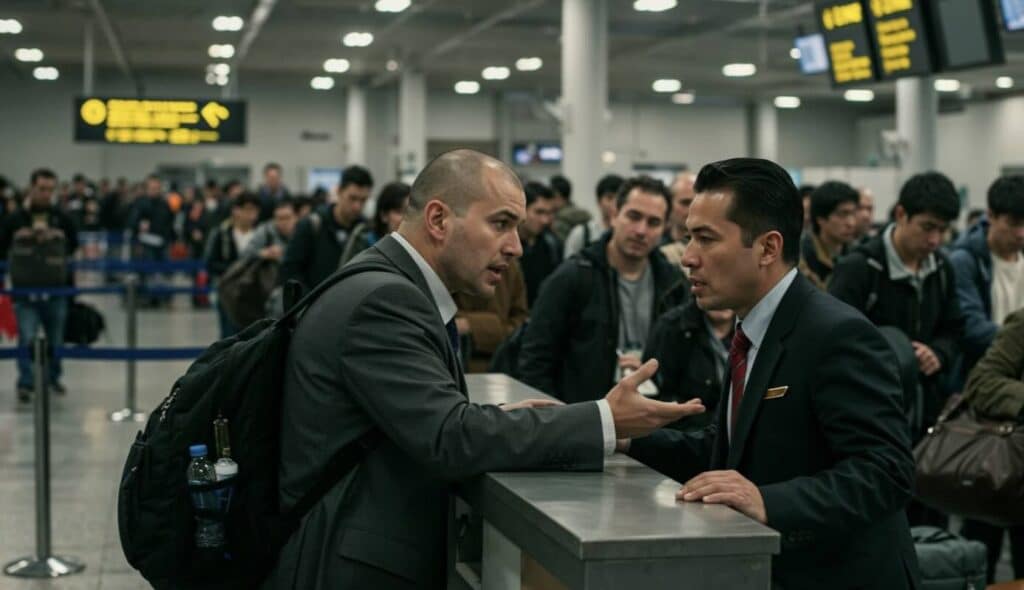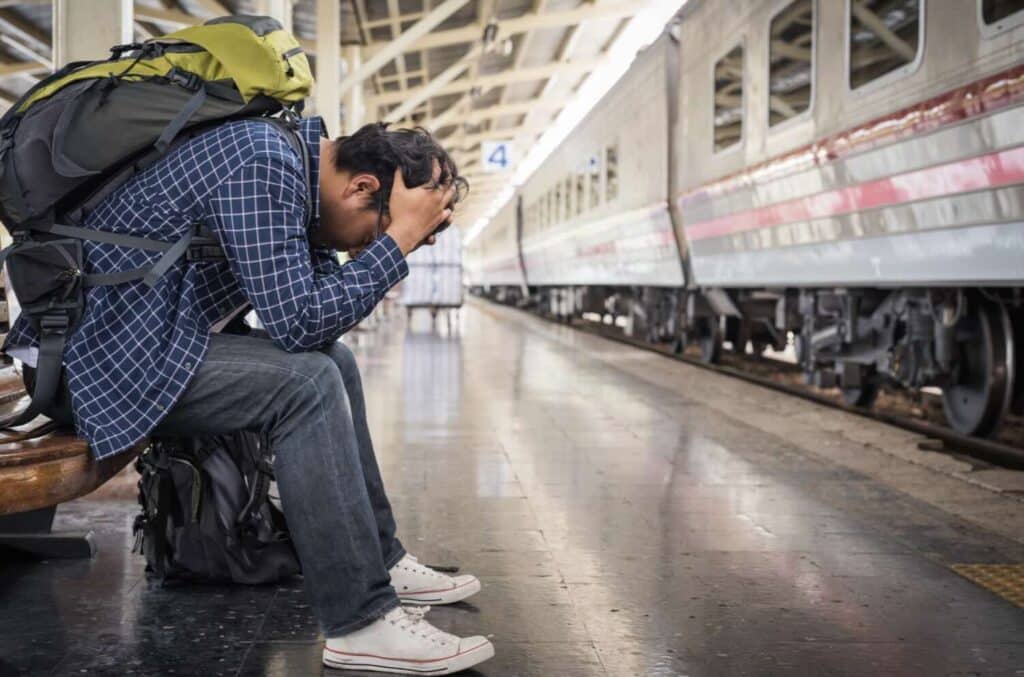Traveling to new destinations is one of life’s greatest joys. It’s an opportunity to explore unfamiliar landscapes, meet new people, and immerse yourself in cultures vastly different from your own. However, tourism is also a delicate balance—done right, it can foster meaningful connections and leave lasting impressions. Done wrong, it can lead to misunderstandings, frustration, and even offense.
Many travelers unknowingly make cultural mistakes that can hinder their experience and create unnecessary barriers between themselves and the locals. Read on as we’ll explore some of the most significant cultural mistakes tourists make, how to avoid them, and how to travel more mindfully and respectfully.
Table of Contents
- The Biggest Cultural Mistakes Tourists Make
- 1. Not Learning Any Local Phrases
- 2. Failing to Research the Destination
- 3. Not Having a Plan
- 4. Ignoring Local Customs and Etiquette
- 5. Dressing Inappropriately
- 6. Assuming Everyone Speaks English
- 7. Over-Photographing Everything
- 8. Being Impatient or Rude
- 9. Overpacking and Bringing Too Much Stuff
- 10. Treating Locals Like Attractions
- 11. Neglecting Environmental Impact
- 12. Overindulging in Alcohol or Partying
- 13. Bargaining Aggressively
- 15 Frequently Asked Questions About Cultural Mistakes Tourists Make
- Related Questions
The Biggest Cultural Mistakes Tourists Make
1. Not Learning Any Local Phrases
One of the most common mistakes tourists make is arriving in a country without knowing even the simplest phrases in the local language. Words like “hello,” “thank you,” and “please” go a long way in showing respect and appreciation for the culture.
Why It’s a Mistake:
It signals a lack of effort and interest in the local culture. Locals often appreciate even the smallest attempts to speak their language, and it can lead to warmer interactions.
How to Avoid It:
Learn a few basic phrases before you travel. Apps like Duolingo or Google Translate can help you quickly master the essentials.

2. Failing to Research the Destination
Another major mistake tourists make is arriving in a country without understanding its history, customs, or cultural norms.
Why It’s a Mistake:
Without research, you risk unintentionally offending locals or missing out on meaningful experiences. For example, wearing inappropriate clothing at religious sites or misunderstanding tipping etiquette can create uncomfortable situations.
How to Avoid It:
Take the time to research your destination before you go. Discover the country’s rich history, diverse traditions, and unique social norms. Websites, guidebooks, and travel blogs are excellent resources.
3. Not Having a Plan
While spontaneity can be part of the adventure, traveling without any plan at all can lead to aimless wandering and missed opportunities.
Why It’s a Mistake:
Without a plan, you might waste valuable time figuring out what to do or where to go. This approach can also leave you feeling disconnected from the purpose of your trip.
How to Avoid It:
Create a loose itinerary before you travel. Identify key attractions, restaurants, and cultural experiences you want to prioritize.
4. Ignoring Local Customs and Etiquette
Many tourists unknowingly violate local customs and etiquette, such as failing to remove their shoes before entering a home or temple, or being overly loud in public spaces.
Why It’s a Mistake:
Ignoring customs can come across as disrespectful and may offend locals.
How to Avoid It:
Research cultural etiquette ahead of time. Pay attention to how locals behave and follow their lead.
5. Dressing Inappropriately
Tourists often make the mistake of dressing in ways that are considered inappropriate or disrespectful in the local culture.
Why It’s a Mistake:
What’s acceptable in one country may be offensive in another. For example, wearing shorts or tank tops at religious sites can be seen as disrespectful in many cultures.
How to Avoid It:
Learn about the dress code norms for your destination, especially for religious or formal settings. Pack clothes that align with local expectations.

6. Assuming Everyone Speaks English
Many tourists expect locals to speak English, which can lead to frustration when communication barriers arise.
Why It’s a Mistake:
It comes across as ethnocentric and dismissive of the local language.
How to Avoid It:
Be patient and prepared for situations where English isn’t spoken. Carry a phrasebook or use translation apps to bridge the gap.
7. Over-Photographing Everything
While capturing memories is part of the travel experience, some tourists go overboard, taking photos of everything—including people and places where it may not be appropriate.
Why It’s a Mistake:
Constant photography can invade people’s privacy and disrupt sacred or personal moments.
How to Avoid It:
Ask for permission before photographing people or sensitive locations, such as temples. Be mindful of when and where you take pictures.
8. Being Impatient or Rude
Traveling can be stressful, but impatience and rudeness toward locals or service providers are major cultural faux pas.
Why It’s a Mistake:
It damages relationships and reinforces negative stereotypes about tourists.
How to Avoid It:
Practice patience and kindness, even in challenging situations. Respect cultural differences in pace and service.
9. Overpacking and Bringing Too Much Stuff
Tourists often bring excessive luggage, which can be cumbersome and inconvenient for both themselves and those around them.
Why It’s a Mistake:
It makes travel more difficult and can signal a lack of understanding about the destination’s practical needs.
How to Avoid It:
Pack light and focus on essentials. Consider the climate and cultural norms when choosing what to bring.
10. Treating Locals Like Attractions
Some tourists treat locals as if they are part of the scenery, rather than engaging with them respectfully and authentically.
Why It’s a Mistake:
It dehumanizes locals and creates a sense of separation between tourists and the community.
How to Avoid It:
Interact with locals as equals. Ask questions, show interest, and respect their boundaries.

11. Neglecting Environmental Impact
Tourists often leave behind litter or engage in activities that harm the local environment.
Why It’s a Mistake:
It damages ecosystems and creates tension with local communities.
How to Avoid It:
Travel sustainably. Dispose of waste properly, avoid single-use plastics, and support eco-friendly businesses.
12. Overindulging in Alcohol or Partying
While enjoying nightlife is part of the travel experience, excessive drinking or partying can lead to inappropriate behavior.
Why It’s a Mistake:
It can offend locals, disrupt communities, and put you in unsafe situations.
How to Avoid It:
Enjoy responsibly and be mindful of local customs and norms regarding alcohol consumption.
13. Bargaining Aggressively
While bargaining is common in many cultures, some tourists take it too far, haggling over prices to the point of disrespect.
Why It’s a Mistake:
It can come across as rude or dismissive of the seller’s livelihood.
How to Avoid It:
Bargain politely and understand when it’s appropriate to stop.

15 Frequently Asked Questions About Cultural Mistakes Tourists Make
Why is it important to learn local phrases before traveling?
Learning local phrases shows respect for the culture and makes interactions more personal and meaningful.
What are some basic phrases I should learn?
Start with greetings like “hello” and “thank you,” as well as practical phrases like “where is…?” and “how much?”
How can I research a destination’s culture before traveling?
Read guidebooks, travel blogs, and watch documentaries about the country’s history, customs, and etiquette.
What should I wear to avoid offending locals?
Dress modestly, especially at religious sites. Research the local dress code norms before packing.
How can I avoid accidentally offending locals?
Observe their behavior, follow cultural norms, and ask questions if you’re unsure about something.
Is it okay to take photos of locals?
Always ask for permission before photographing people to avoid invading their personal space and privacy.
What should I do if I don’t speak the local language?
Be patient and use translation apps or phrasebooks to help you communicate.
How can I avoid being rude or impatient while traveling?
Practice mindfulness, patience, and respect for cultural differences in pace and service.
Why is overpacking a mistake?
It makes travel more cumbersome and signals a lack of understanding about the destination’s practical needs.
How can I interact with locals in a respectful manner?
Treat them as equals, show genuine interest in their culture, and respect their boundaries.
How can I travel sustainably?
Dispose of waste properly, avoid single-use plastics, and support eco-friendly businesses and practices.
Is bargaining appropriate everywhere?
Bargaining is common in many cultures, but always do so politely and stop when it’s clear the seller isn’t willing to lower the price further.
What should I avoid doing at religious sites?
Wear appropriate clothing, remain quiet, and follow any rules or guidelines specific to the site.
How can I plan my trip effectively?
Create a loose itinerary that prioritizes key attractions, restaurants, and cultural experiences you want to include.
What’s the best way to avoid cultural mistakes while traveling?
Stay informed, observe local customs, and approach every interaction with respect and humility.
Traveling is a privilege, and with privilege comes responsibility. By avoiding these common cultural mistakes, you can create more meaningful and respectful travel experiences.

Whether it’s learning a few words in the local language, dressing appropriately, or engaging with locals authentically, small efforts can make a big difference.
Remember, travel isn’t just about seeing new places—it’s about connecting with people and cultures. By being mindful of your actions and attitudes, you can leave a positive impression and make your journey truly unforgettable.
At A Bus On A Dusty Road, we discuss history, travel, life, sailing, and ex-pat living. We are all about “Living Life As A Global Citizen.” We explore social, cultural, and economic issues and travel.
We would love to have you be part of our community. Sign up for our newsletter to keep up-to-date by clicking here. If you have any questions, you can contact me, Anita, by clicking here.
Listen to our Podcast called Dusty Roads. You can find it on all major podcast platforms. Try out listening to one of our podcasts by clicking here.
Subscribe to our A Bus On A Dusty Road YouTube Channel filled with great videos and information.
Related Questions
Insiders Guide – 32 Tips for First-Time Travelers to Vietnam
Vietnam is a wonderful country. More and more people are beginning to discover Vietnam’s magnificent land and culture.
Vietnam is also a wonderful and exciting country to visit. For a first-time visitor to Vietnam, we have compiled 32 Vietnam travel tips for the first-time traveler to Vietnam. These 32 travel tips will help ensure you have the best trip possible. Our 32 travel tips to help you have the best trip possible.
You can discover more by reading Insiders Guide – 32 Tips for First-Time Travelers to Vietnam by clicking here.
Why You Need a Rabies Shot Before Traveling Southeast Asia
Travelers to Asia, and especially Southeast Asia, should be sure to get or ensure their rabies shots are up-to-date before they travel anywhere in southeast Asia. The reason is that rabies is still a common problem in many of these areas, and getting a shot may be difficult or almost impossible to obtain if you travel out in the countryside.
You can learn more by reading Why You Need a Rabies Shot Before Traveling Southeast Asia by clicking here.
Why Every Cyclist Should Ride Around Angkor Wat Cambodia?
Cycling around the Angkor Was Temple complexes is a great way to see some amazing ancient Cambodian temples. When you cycle around Angkor Wat, you will have the freedom to see Angkor Wat at your own pace and see things that you could never see in a car, bus, or even a tuk-tuk. Every cyclist should have cycled around Angkor Way on their bucket list.
By clicking here, you can discover Why Every Cyclist Should Ride Around Angkor Wat Cambodia?

